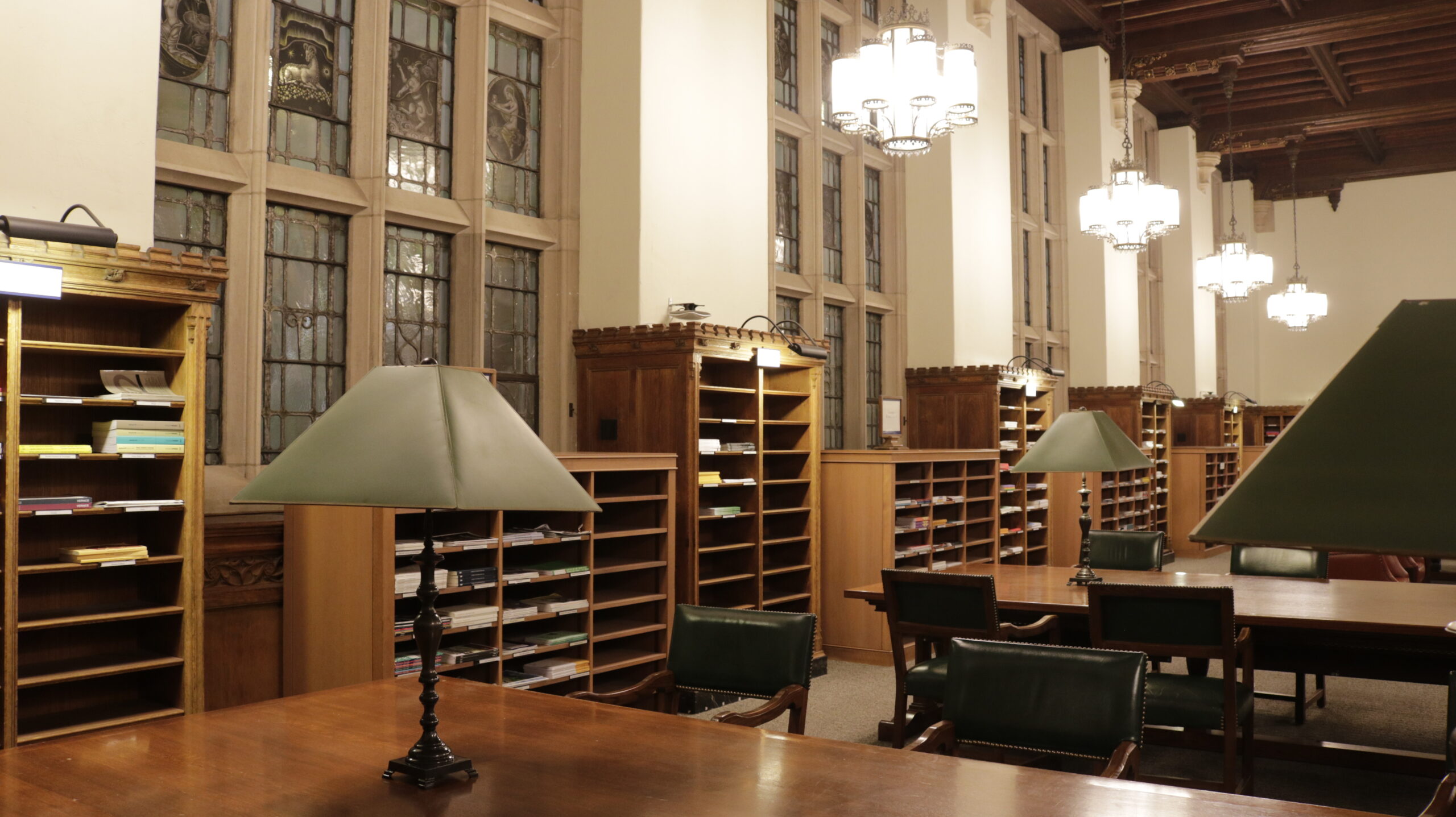Asian Faculty Association protects members amid government turbulence
The News spoke with three board members of the Asian Faculty Association at Yale about its achievements since its 2023 launch.

Baala Shakya, Staff Photographer
When the Asian Faculty Association at Yale, or AFAY, launched in 2023, its goal was twofold: to create a sense of community and to protect members from targeted attacks.
According to AFAY Secretary Siyuan Wang, the association is “exactly doing what we initially envisioned.” Now, AFAY is ready to work with other academic groups to fight for academic freedom.
“It totally aligns with the University’s core values to promote diversity, and it engages our members to contribute to the mission of our University,” Wang said.
While 194 faculty members were registered in 2023, the number has now risen to over 250, according to AFAY President Qin Yan.
To build community among Asian faculty, AFAY has organized functions like a New Year celebration, a Diwali celebration and a “break bread together” event.
It has also provided opportunities for academic enrichment through planning events like the U.S.-China forum in March 2025 and a seminar with the Science editor-in-chief Holden Thorp in April 2024.
“We hope to promote a sense of belonging now for members at Yale,” Wang said. “I think that’s very crucial.”
According to board members, one instance when AFAY stood up to protect the Asian community from governmental trouble was when five Chinese graduate students were unable to enter the U.S. due to visa issues and had to buy “expensive” tickets to return to China.
They said AFAY organized Zoom meetings with the students to understand why their visas were denied and communicated with the provost’s office, Yale Medical School Dean Nancy Brown, the general counsel’s office and the Office of Research Development.
“We helped them apply for the new visa to the U.S.,” AFAY president-elect Yongli Zhang said. For students further in their studies, AFAY “supported them to defend their thesis and complete their studies.”
As a result, Yan said, students were able to get their flights reimbursed, and while only one student was successful in returning, those close to graduation were able to receive their degrees.
When the Office of Science and Technology Policy, a governmental agency under the Executive Office of the President, released guidelines regarding foreign talent recruitment programs in February 2024 as a part of the CHIPS and Science Act of 2022, AFAY advised the University in publishing an FAQ page for affected individuals.
“I think the [University] policy was written without consulting with the faculty, so we worked closely with the Office of Research Integrity and the general counsel’s office to put some FAQs for that policy,” Yan said, referring to Yale’s Research Integrity and Security Office.
Yuan added that AFAY has collaborated with similar affinity groups in other institutions as well, an important role in the face of increasing threats to academic freedom.
“It’s not only for the Asian community, it’s also for the whole academic community,” Zhang said. “In order to fight for academic freedom, we have to unite with many other organizations.
Wang said that there haven’t been requests from members about being negatively affected by the new administration yet.
He added that he thinks the University should take a stand first about issues that generally affect the scientific community at Yale.
“In a sense, it’s not our association’s place to take a lead on this effort that actually goes way beyond Asian faculty,” he said.
The annual AFAY meeting will be held on May 4.







